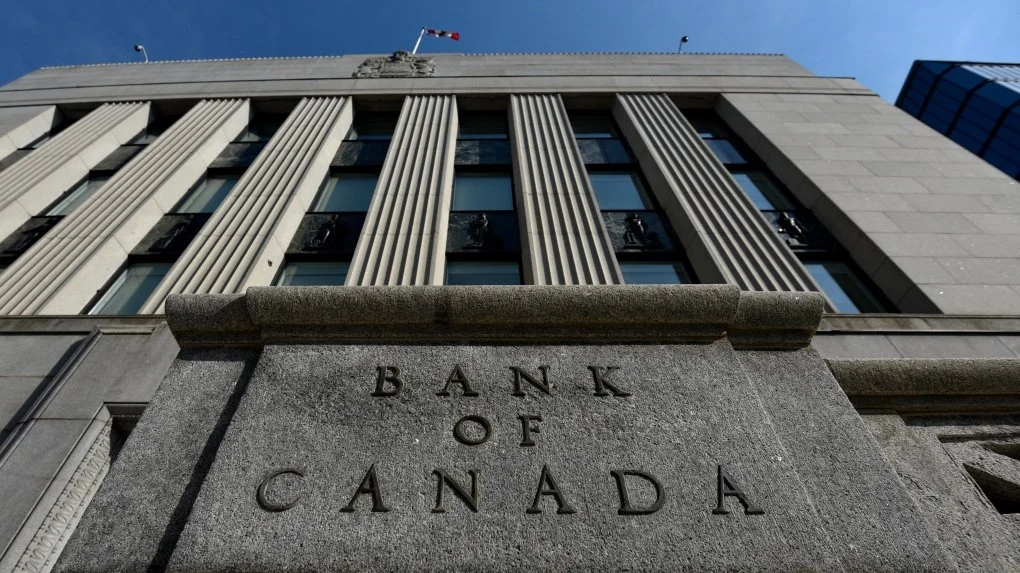Bank of Canada Maintains Interest Rate at 2.75%: What It Means for the Canadian Housing Market?
The Bank of Canada interest rate decision today confirmed that the central bank will keep its policy interest rate at 2.75%, ending a streak of seven consecutive interest rate cuts in Canada that started in June 2024. While this decision might catch some off guard, it reflects a cautious stance amid growing economic uncertainty. Trade tensions with the United States are especially influential, prompting a more measured approach to Canadian monetary policy.
Why Did the Bank Pause Interest Rate Cuts?
Governor Tiff Macklem pointed to the unpredictable nature of new U.S. tariffs as a key reason for maintaining the rate. According to the latest Monetary Policy Report from the Bank of Canada, it’s too early to continue easing without understanding how international trade policy might affect inflation, economic growth, and consumer confidence in Canada.
Instead of a fixed course, the Bank presented two possible economic forecasts:
1. Limited Tariffs Scenario
Minimal trade disruptions
Inflation near the 2% target
Mild economic slowdown in Canada
2. Prolonged Trade War Scenario
Escalating tariffs
Rising costs and a possible Canadian recession in 2025
Short-term inflation exceeding 3%
How Will This Affect the Canadian Real Estate Market?
The outcome of these scenarios will have a direct impact on the Canadian housing market forecast.
Scenario 1: Mild Slowdown in the Housing Market
If the impact of tariffs remains limited:
Mortgage interest rates in Canada may stay low, with room for another cut later this year
Home buyer confidence could improve, thanks to stable financing conditions
Average house prices in Canada might remain steady or see modest growth, especially in high-demand urban areas
This would create a favorable environment for both first-time homebuyers and current real estate investors in Canada.
Scenario 2: Recession Risk and Real Estate Slowdown
If trade tensions escalate:
Inflation in Canada may increase, possibly forcing the Bank to reverse course and raise rates
Banks may apply stricter mortgage lending criteria
Housing demand in Canada could weaken, particularly among new buyers and real estate investors
This could lead to falling prices, longer times on market, and a more cautious lending environment.
What Should Canadian Home Buyers and Sellers Do?
The next Bank of Canada interest rate announcement is scheduled for June 4, 2025, and conditions may shift. Here’s what buyers and sellers can do right now:
Home buyers in Canada: Consider locking in a fixed mortgage rate if the terms are favorable. Stay alert to shifts in employment trends and inflation.
Canadian home sellers: Price competitively and monitor buyer activity in your local market.
This rate decision marks a pivotal moment in Canada’s post-pandemic economic recovery. Whether the housing market holds strong or faces challenges will depend on how global trade issues unfold in the coming months.
References
Bank of Canada. (2025) Monetary Policy Report – April 2025. [online] Available at: https://www.bankofcanada.ca/2025/04/mpr-2025-04-16/ [Accessed 16 Apr. 2025].
Bank of Canada. (2025) Policy Interest Rate Decision – April 16, 2025. [online] Available at: https://www.bankofcanada.ca/2025/04/fad-press-release-2025-04-16/ [Accessed 16 Apr. 2025].
Reuters. (2025) ‘Bank of Canada holds rates, warns tariffs could cause recession’, Reuters, 16 April. Available at: https://www.reuters.com/markets/rates-bonds/bank-canada-holds-rates-says-tariffs-could-cause-deep-recession-2025-04-16/ [Accessed 16 Apr. 2025].


